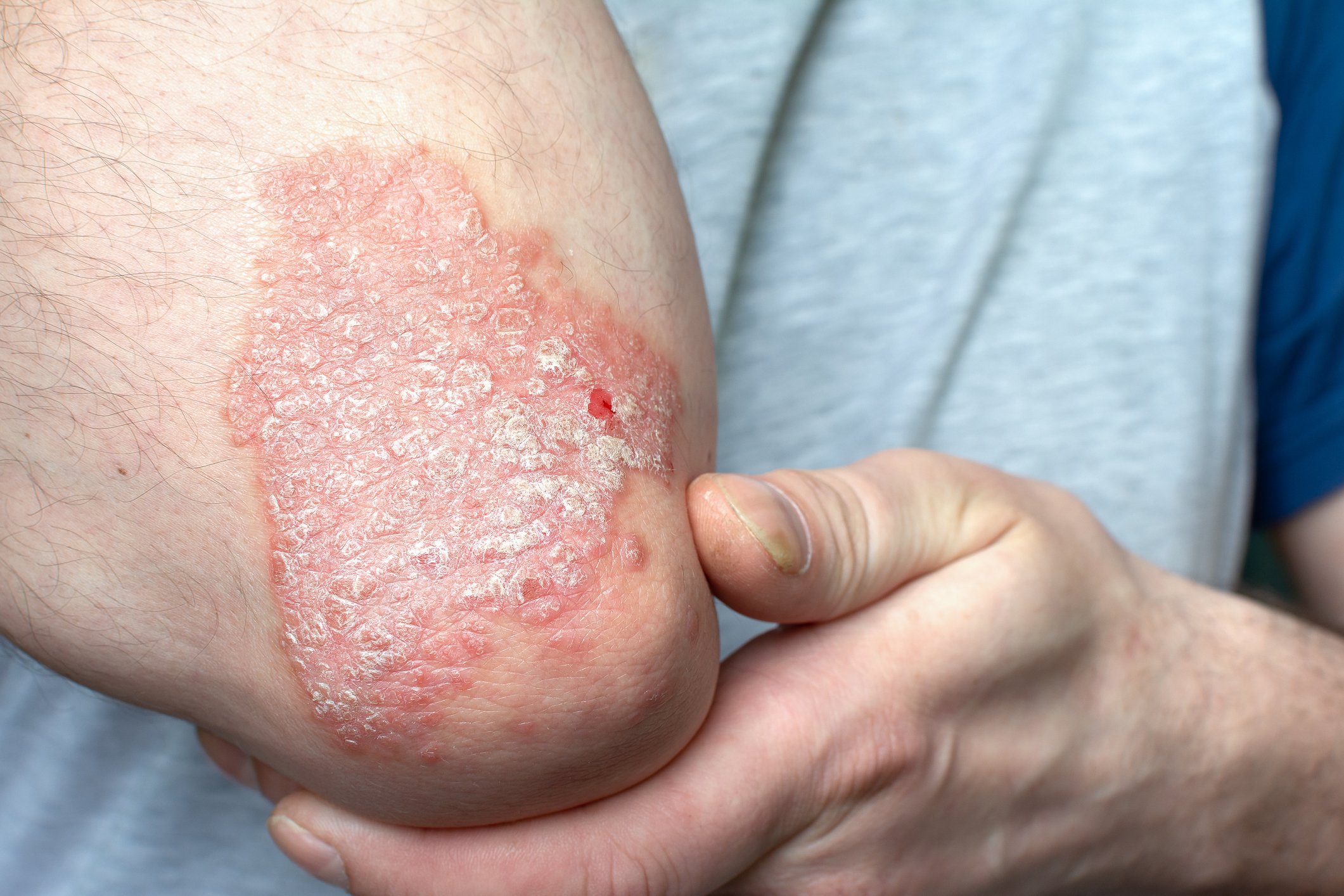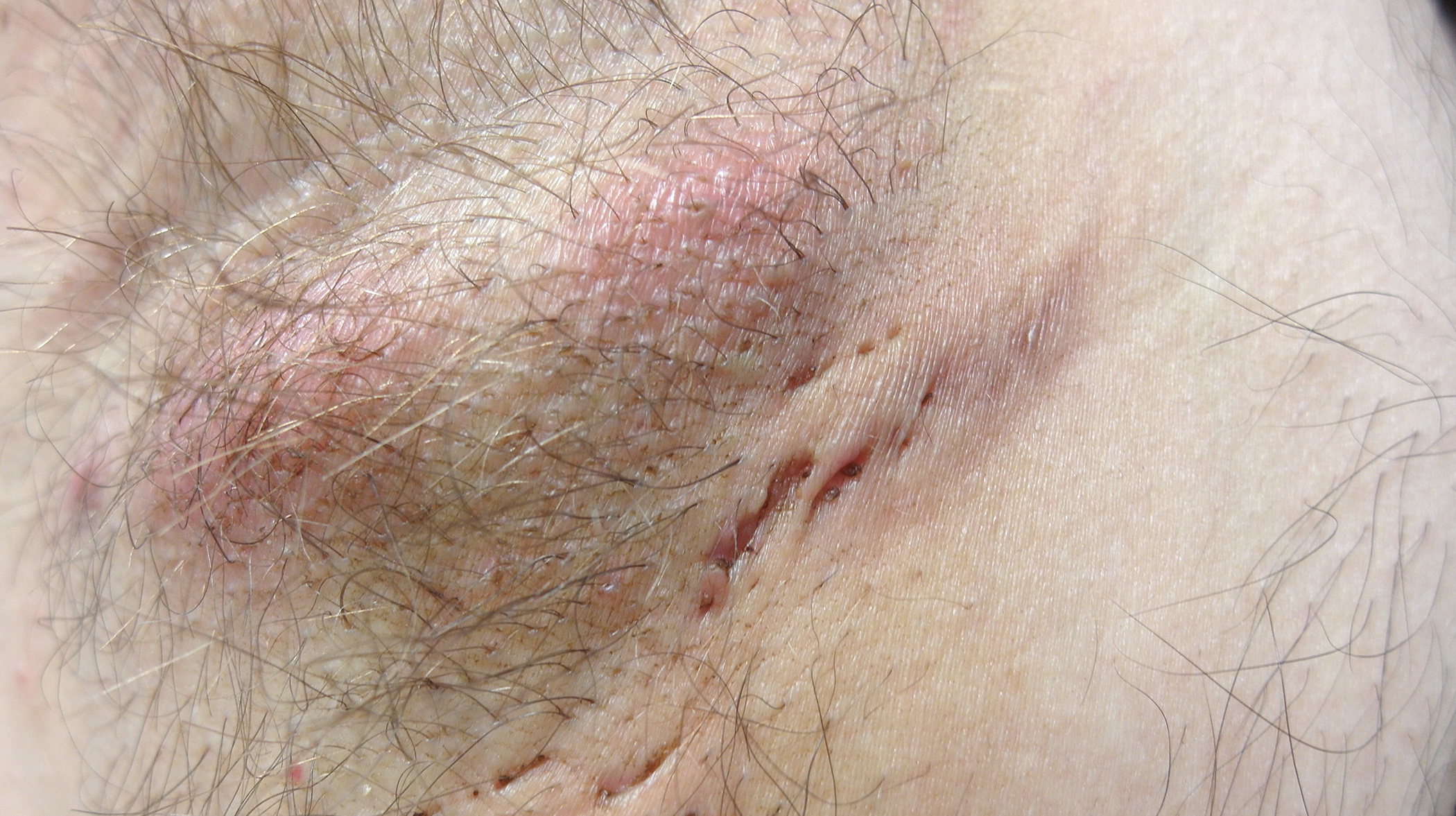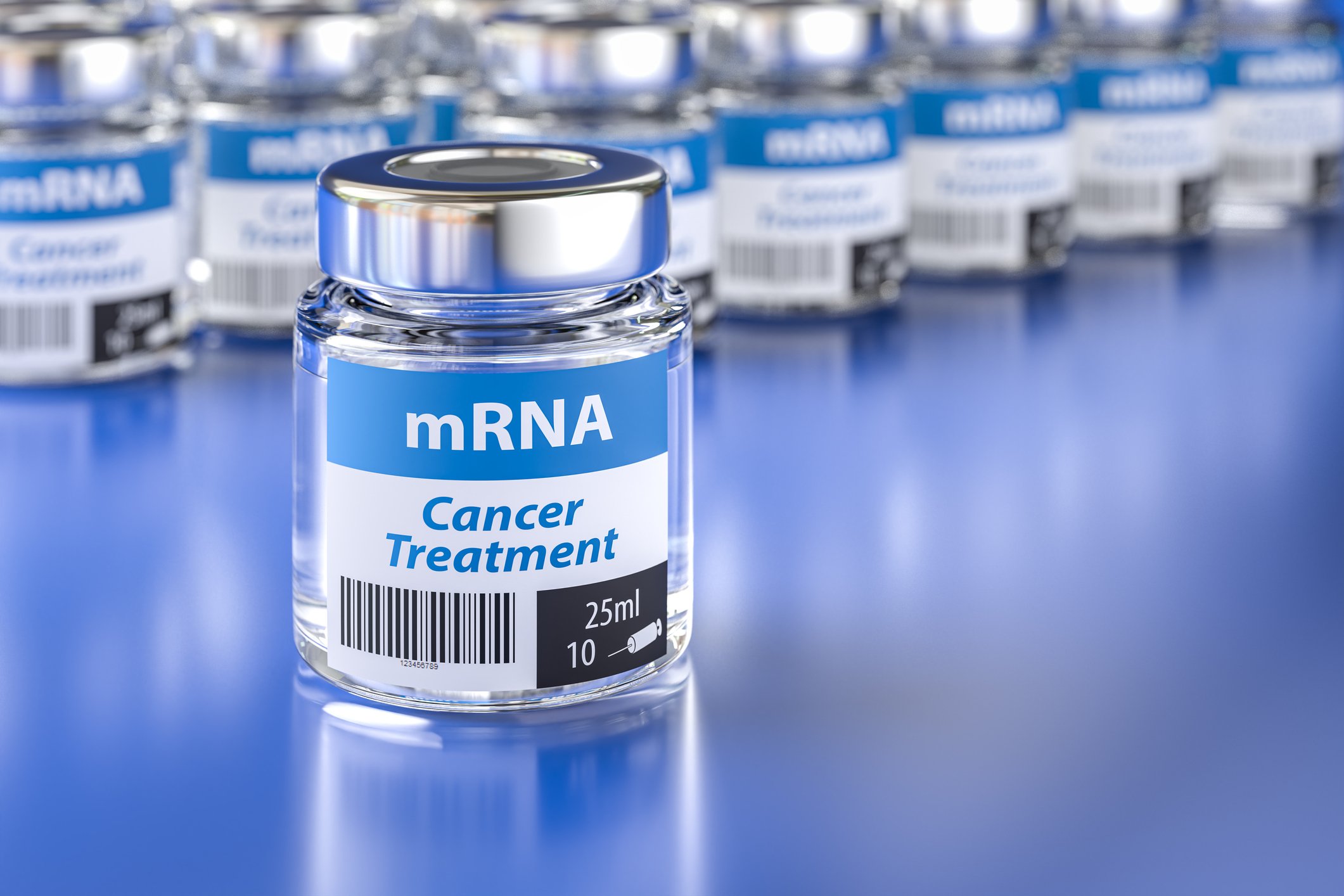Currently, IL-22 is being explored as a therapeutic option for patients with inflammatory bowel disease (IBD). A Kiel research group has stumbled upon a mechanism that could affect this approach.
Normally, the messenger interleukin-22 (IL-22) has the role of supporting the intestinal immune response to pathogenic infections and promoting epithelial wound healing. It does this through cell proliferation and the induction of antimicrobial proteins. Thus, it helps intestinal mucosa damaged by inflammation to regenerate. Recombinant interleukin-22 fusion proteins are currently being developed to help patients with inflammatory bowel disease.
But IL-22 can also act differently, as researchers from the Inflammation Research Excellence Cluster Kiel have discovered. Namely, when patients lack the gene ATG16L1. This is true for as many as one-fifth of all Crohn’s patients.
ATG16L1 plays an important role in autophagy. Autophagy is responsible for the intracellular degradation of defective proteins and cell organelles as well as pathogens, which is why it is of great importance for the immune response. If ATG16L1 is missing, autophagy is impaired. Degradation is slower and inflammation accumulates. The behavior of IL-22 also changes: in experiments with mice, IL-22 was found to act contrary to its normal behavior in mice lacking ATG16L1. Instead of promoting cell regeneration, it has a proinflammatory effect. What concrete impact this dichotomy will have in the development of personalized therapies in the field of inflammatory bowel disease remains to be seen.
Source: Aden K, et al: ATG16L1 orchestrates interleukin-22 signaling in the intestinal epithelium via cGAS-STING. J Exp Med 2018; 215(11): 2868-2886.
GP PRACTICE 2019; 14(4): 35











